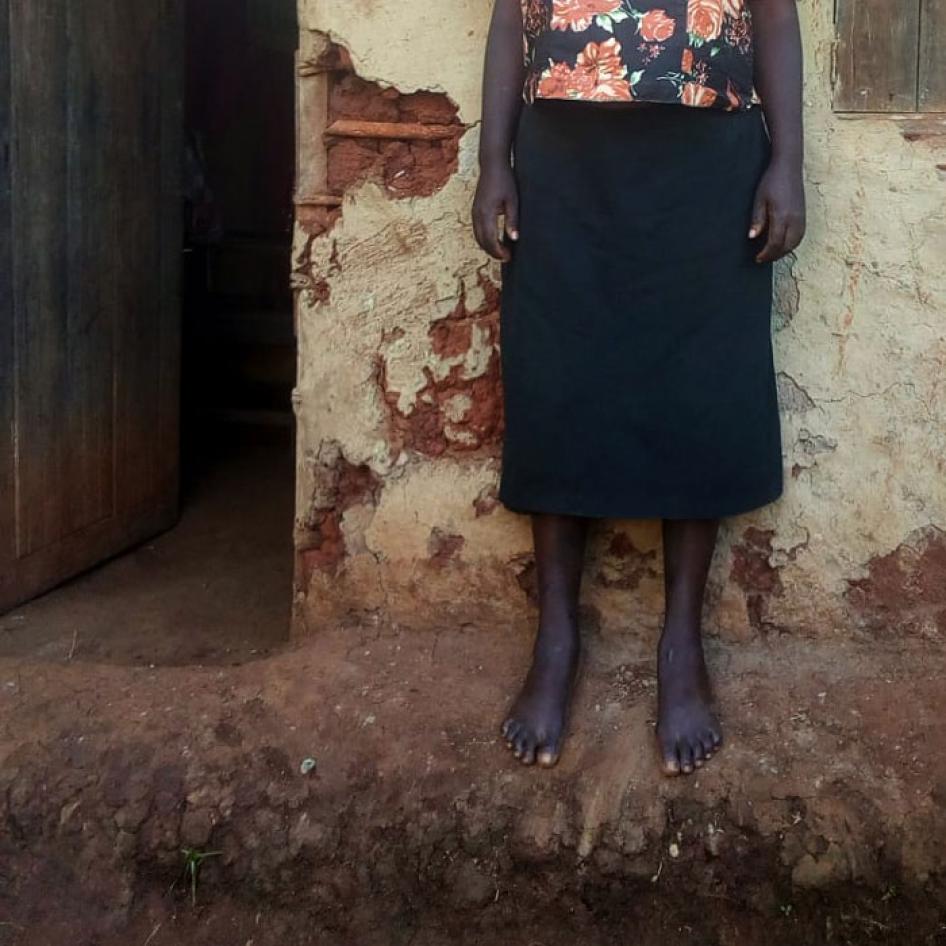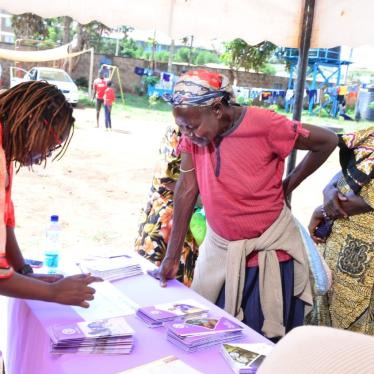A Supreme Court review of the division of matrimonial property law may provide clarity for Kenyans on rights to land, houses, and other assets acquired during marriage.
Over the last decade, Kenya has enacted laws to ensure equality of spouses in marriage and equitable distribution of matrimonial property. Still, married women face many problems in acquiring property in their own name, or jointly with a spouse, and unimaginable institutional barriers in accessing courts and traditional dispute resolution after divorce.
A new Human Rights Watch and Federation of Women Lawyers Kenya report details the hurdles women encounter when claiming property they jointly contributed to during marriage – both in the judicial system and due to social and traditional norms.
Divorce and the sharing of property is a contentious issue in Kenya. When a case goes to court, the law entitles both parties to an equitable share, which could be a 50/50 split or based on the financial and non-financial contributions spouses made during the marriage. But courts in Kenya haven’t responded consistently to women seeking their share.
Some High Court decisions completely reject the notion that financial and non-financial contributions should have equal weight, while others have recognised and wrestled with valuing and assigning a percentage distribution. Such inconsistency is both untenable and unjust. We found that judicial officials need clarity and guidance.
Even when courts want to equitably split property, actually making the division can be difficult. Questions remain on how to prove contribution, how non-financial contributions are measured and valued and how this value translates to a share of land and real property.
The 2013 Matrimonial Property Act states that a spouse must “show” that they contributed to the property either financially or non-financially to claim a share. The act defines non-financial contributions to “include domestic work and management of matrimonial home; child care; companionship; management of family business or property; and farm work.” But what “show” means in the context of court evidence isn’t defined.
Some judges have strict requirements that make it hard for a woman whose principal contribution was taking care of children and relatives, cleaning and cooking for the household, among other duties.
Ensuring justice and rights for women doesn’t have to be so difficult. Assessing the contribution should include basic criteria such as the duration of the relationship; the impact of childcare and household responsibilities on either spouse’s education and earning capacity; current and likely future income of each spouse; spouse’s capacity to support themselves; the spouses’ health and age; and contributions made by each spouse to realize the other’s career potential.
This recent appeal to the Supreme Court of a June 21 lower court ruling may result in clarifications of any ambiguity in law and an interpretation on how assets acquired during marriage should be divided.
In the end, many women never take their cases before a judge. The reluctance to seek court remedies is influenced by wrongful and harmful gender stereotypes that vilify women who opt out of marriages or who claim a stake in property acquired during the marriage.
So they exit marriages with nothing. In several communities in Kenya, particularly with marriages under the customary regime, women face even more social pressure to forego claims. Unequal power relations in the marriage itself – particularly when a woman married young– also disempower women.
However a marriage ends, women face similar obstacles in accessing what they are legally entitled to. The Kenyan government should ensure equality during and at the end of marriage and provide for a common means of protecting women’s property rights.
Juliana Nnoko-Mewanu is a researcher at Human Rights Watch. Mitchelle A. Oyuga is a women and governance programme officer at the Federation of Women Lawyers Kenya.









